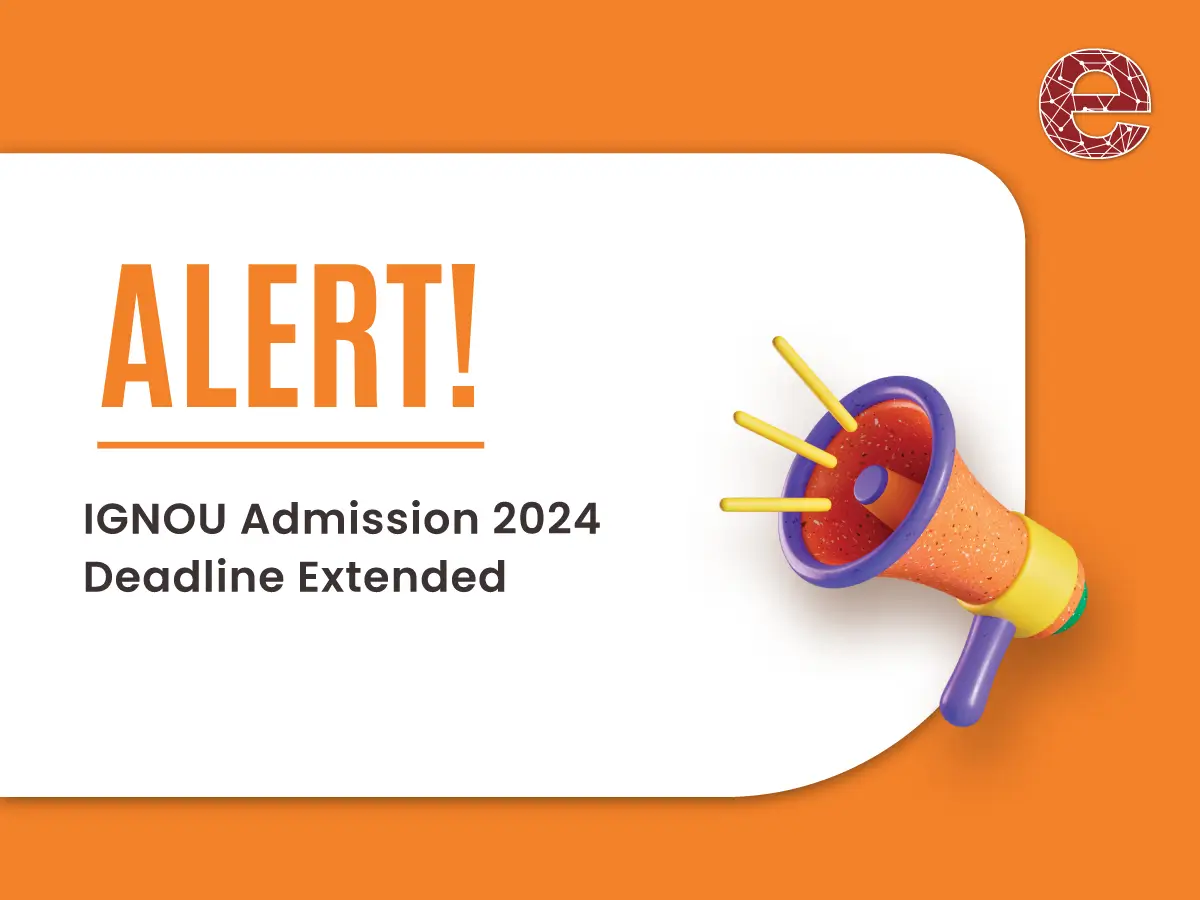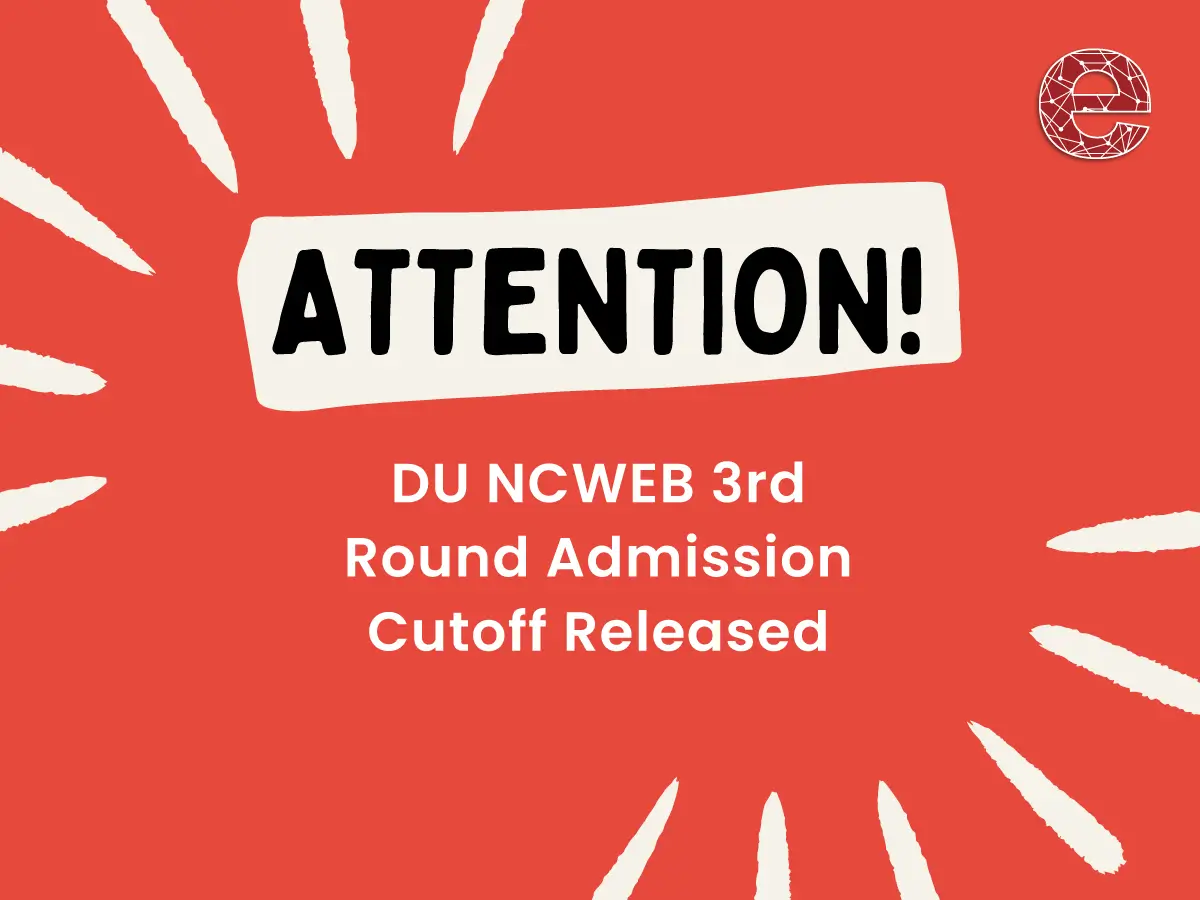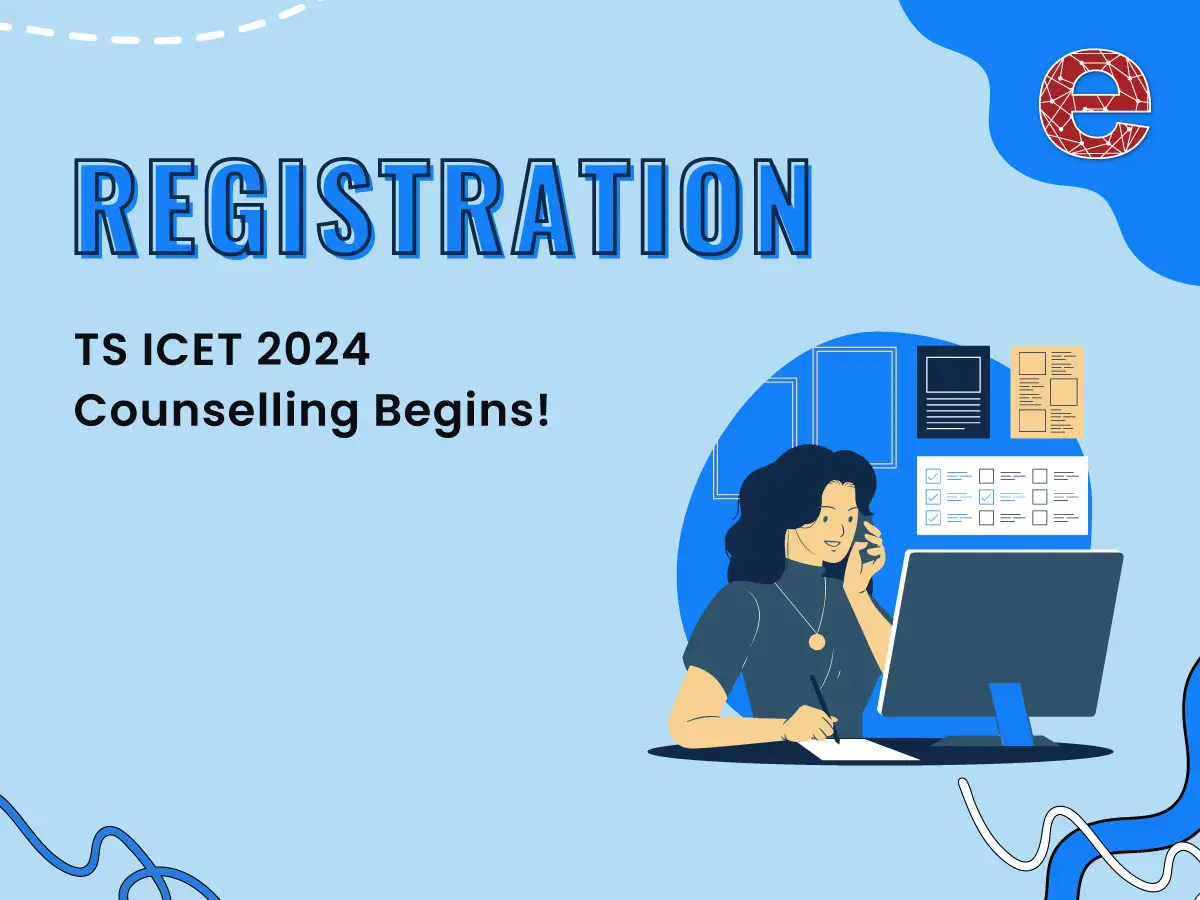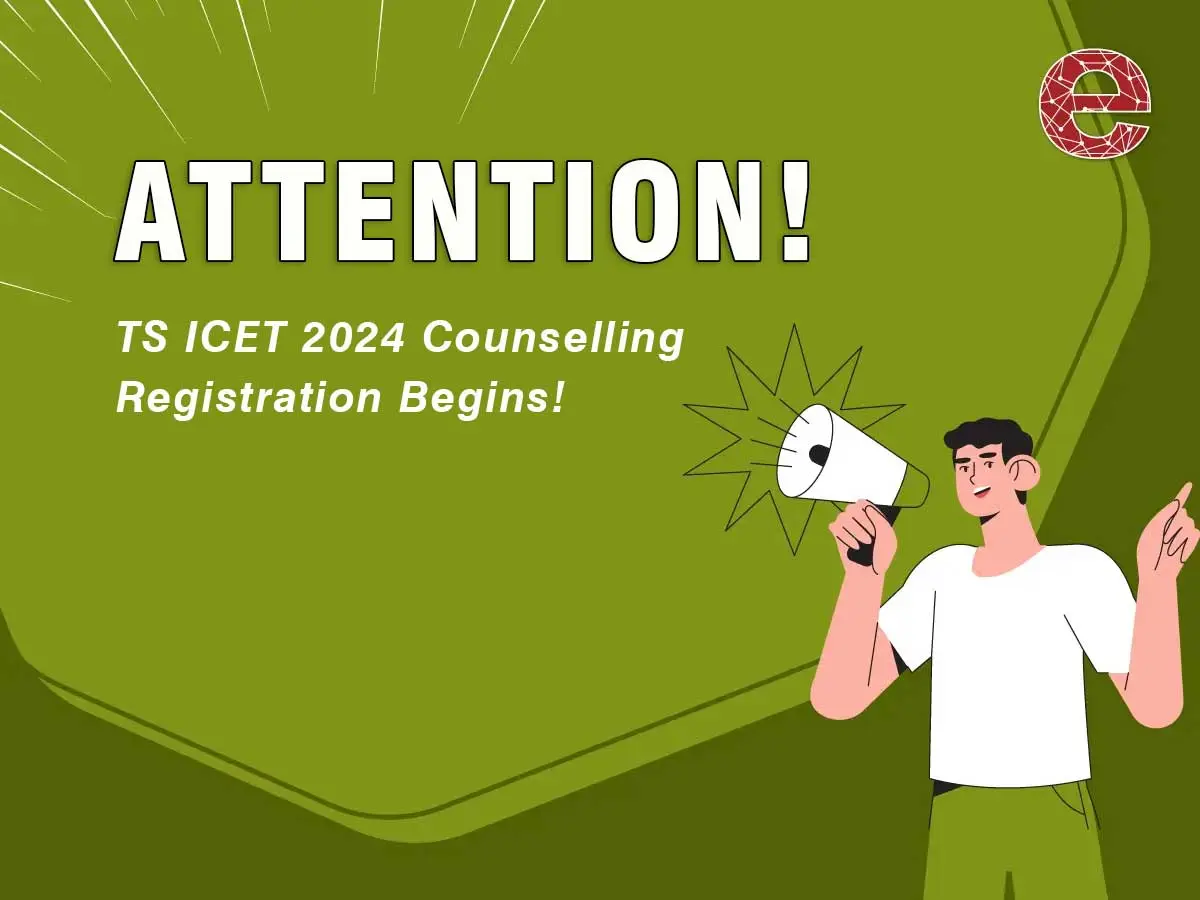Social Media For Students, A Role Of Social Media In Learning Process, An Impact Of Social Media, and Its Importance.
Tech Updates
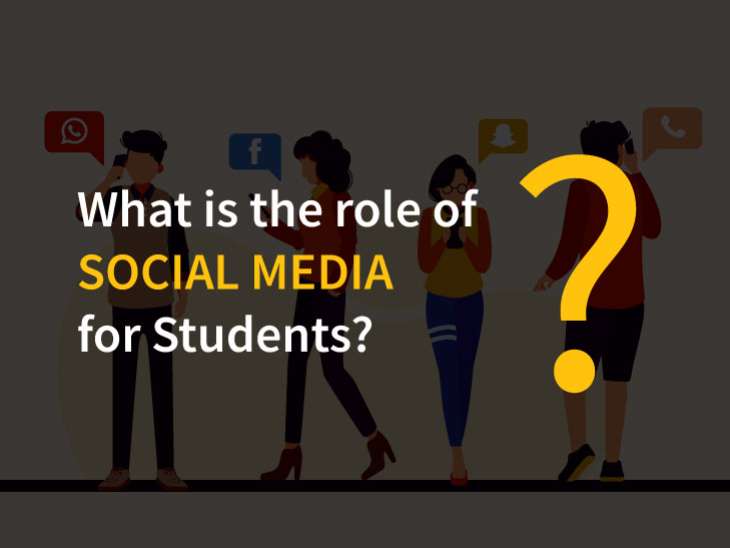
When used correctly, Social Media is one of the new-age technologies that can assist students in their learning process.
Social Media is the new necessity of current and upcoming generations. During this Digital Age, everyone surrounding us simultaneously consumes social media in one way or another, and students are no exception. The Covid-19 and quarantine phase has made the digital mediums, the virtual world and the newly emerging social media a crucial part of our life.
While some people consider Social media as devolving evolution for the younger generation, specifically for kids, others believe it can be the key attribute of future learning patterns and programs. Social media is often counted as distracting or degrading for the future generation. Still, by using it to benefit the students, we can reduce the negativity to a positive approach.
What is Social Media from the eye of the student?
The bookish definition of social media says, 'Social media are interactive technologies that facilitate the creation and sharing of information, ideas, interests, and other forms of expression through virtual communities and networks.'
But for students, social media platforms are a little different than grown adults, where they can learn, communicate and explore the world via the internet. It is also a fun place where they can relax or watch content that can help to relieve stress. Before moving forward to academic, social media usage, we shall understand why students use social media. The student's significant time consumption towards:
- Exploring the current trend and getting new information,
- Facilitating or finding new working opportunities,
- Staying in touch with family and friends,
- Following podcasts, interviews and current events in their industry,
- Following, finding and creating their passion
- As a medium to put their opinions and voice out issues
- Following influencers or motivational speakers of their liking
- As a messenger application for connecting with others, etc.
The above are some significant aspects of where students spend their time using social media platforms.
Importance of Social Media for Students
Social media carries an essential role in the life of students as the offline mode of communication and education are both now adapting to the internet learning modes. Social media is the new bulletin board or broadcast system that communicates crucial information about the results, schedules, examinations or ongoing activities of campus to the students. Not just that, it also acts as the connecting bridge between the students and teachers. Here are some key points referring to the importance of social media in education and student life.
- The freedom of creative expression
Through social media, students can find their choice of medium to express themselves or share their creative ability with their audience. The various social media formats, such as shorts, vlogs, blogs, reels, graphics or other media or content, allow them to express themselves or showcase their art and creativity.
Not just that, apart from art, younger generations also have features like blogging or forums that help candidates to discuss, learn, resolve queries and understand different opinions about their academics. Not just that, with the options like monetising the published content, they can raise funds for their ideas or creations.
- Learning and updating themselves
Social media platforms are blessings for students and soon-to-be professionals, providing numerous opportunities to learn and explore academics. The platforms like youtube, Instagram and Facebook feature an extended form of video content and live telecasts often, which has revolutionised the education system. Due to this, today's learners can learn anywhere and everywhere in the format they like to study. Another perk of social media is that students can utilise platforms like Facebook and Instagram to exchange information, learning, study materials etc. Another advantage is the online group's discussion in the form of audio or video modes that can help them gain a better understanding of topics.
- Networking and making connections
Social media platforms eliminate geographical limitations when it comes to the creation of communities or groups. Social media platforms and their connectivity powers have come a long way and are highlighted after the pandemic hit. The users of various social media platforms like Facebook, Instagram, TikTok, LinkedIn and Pinterest understand how building community and finding like-minded people can sharpen their abilities.
Those in the early phase of building a career or in the last year shall build their professional network over LinkedIn or similar websites. This will help them get good internships; not just that, it also helps them find mentors or industry gurus.
- Employment opportunities
Social networking sites are new-age references that can help you get relevant opportunities in your working field. Nowadays, social media is much more than fun; the sites LinkedIn, Meetup, Opportunity, Jobcase, Lunchmeet, Community Forums or Twitter Threads can help students to understand what is going on in the industry, what experts say about current or constantly changing trends, and what affects the industry. This knowledge helps them to be proficient and job ready.
The new age companies now use other social media platforms than LinkedIn to publish their jobs; for example, you will see many companies posting the different roles and positions on the stories or bio of their social media profiles. This can also benefit students if they make their profile rich by inserting their skills and capabilities.
- Enhance skills
Social media profiles give the younger generation the faith and confidence to follow their passion. Nowadays, you need to create a page where you can put all your artistic work and present it to the world even without revealing your identity by making the pages. Social media applications involve content creations, which can help boost skills like writing, storytelling, graphic design, and learning other new-age technologies. Another critical perk is social media. AI can help you convert your traditional art to digital ones; for example, a person can use pen and paper modes for drawing or use an application like Canva to paint.
What is the Role of Social Media in the Learning Process for Students?
Social media is an essential part of the elderly and the younger generation. Here are some key roles that affect today's generation.
- Virtualisation of the learning process
Social media can also work as an online mode of learning for students. Some significant educational benefits of social media include freedom of communication, sharing unlimited information, live sessions and chat options with which students can learn at their own pace. It also improves communication and erases the learning gaps of traditional teaching methods.
- Improves information circulation
Social media enhances and escalates the sharing of information. The students can share any information with a single click. Nowadays, even academic institutions share their study materials, results, papers, examination schedules and other essential information via social media. This eases the students with daily tasks like homework, quizzes, attendance, etc.
- Global Exposure
Students can expand their minds and knowledge via social media, as they can now explore and access the world at their fingertips. Using social media and communication with students across the globe can help them learn new concepts, methods and lessons. With social media, students can connect with experts residing in other countries or provinces for learning purposes.
- Virtual learning:
Online classes have been a saver during the pandemic. But now, many institutions offer online learning programs to help students, working professionals, or remote learners enjoy their learning process. Social media platforms, including Facebook, Instagram and Youtube, are essential for online learning modules. They are also familiar to students, so it's a win-win situation for students and teachers.
- Building passion
Social media is a great place where students can build or learn their passion. Many artists offer free tutorials or even live classes for students, where they can better their crafts. The social media community is a fun place for kids who wish to learn art or represent it, as the community plays a supportive role in their learning process.
- Being aware
Social media is something that allows you to research, read, write and understand any particular topic. Suppose you want to gather information about some subject, new inventions or ongoing activities in the country or globe. In that case, you can collect and curate the information straightforwardly with the internet and social media. Another kind of awareness students get from social media is about the ongoing political or geographical issues, the artist or trends, etc. What's happening around them can help them be aware and sometimes safe too.
Conclusion:
Social media is a new-age necessity that has a lot of impact in day to day life of students, and one should embrace it with an open mind so that the younger generation can achieve their goals quickly. Students can use social media as a powerful tool for learning only if they use it correctly; here are some major things not to do while using social media:
- Students only have applications on mobile or any electronic device to help or boost their learning. Gaming applications or any other applications that can distract students.
- The timing for social media usage shall be monitored from time to time. Some applications moderate the use of social media and time spent; they should be installed on the device.
- There is no social media or device while offline study sessions are going on. This can hamper your learning activities.
- Make a proper study schedule, including online and offline study sessions. Through this, you can monitor and divide your study time and minimise screen time usage.
- Adapt the basic safety rules of online learning and social media, such as
- Learning how to report, block, and filter content.
- Set your privacy preferences.
- Take a moment before posting and think of the vulnerability of the content you are posting.
- Geolocation should be turned off, and avoid posting geotags or location addresses.
- Ensure that your Internet connection is private, and if you use a public link, take safety precautions.
- Inappropriate or harassing content should be reported, and take cyber cells help if needed.
- Social Media
- Social Media for students
- Role Of Social Media In Learning Process
- Impact Of Social Media on students
- Importance of social media for students

